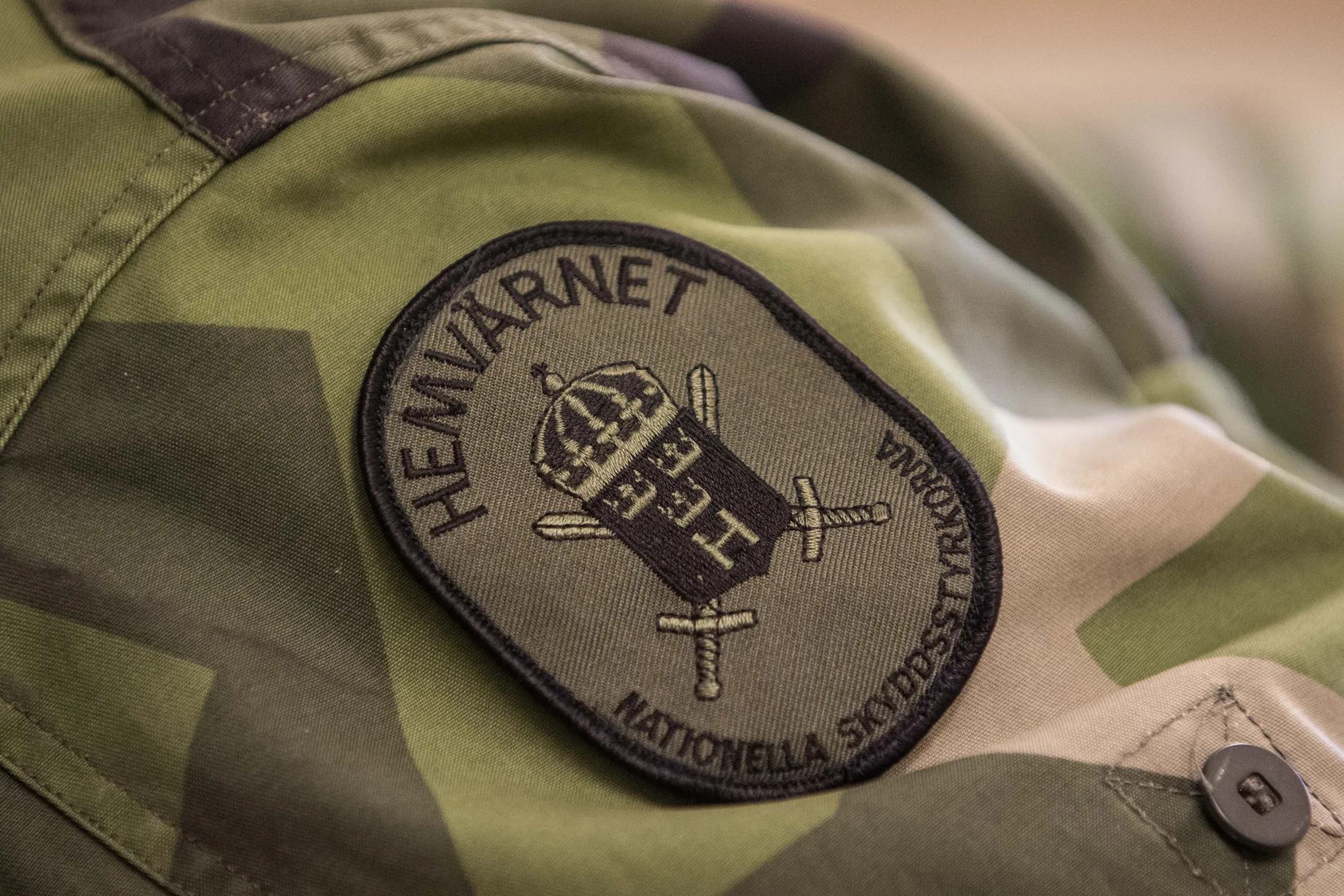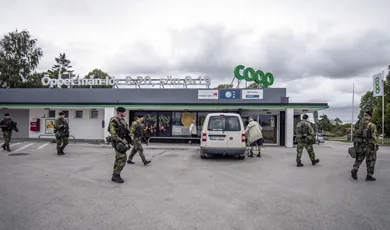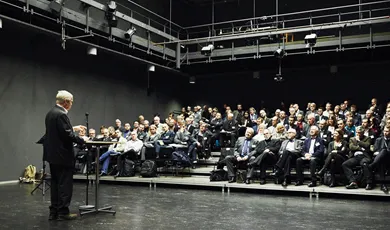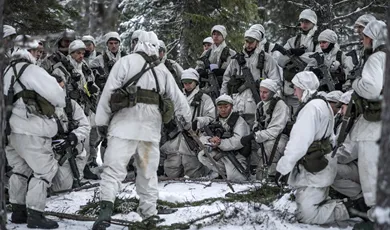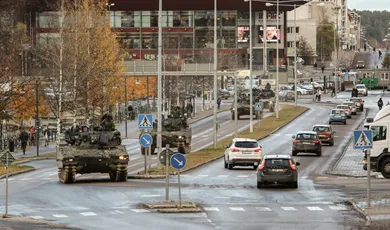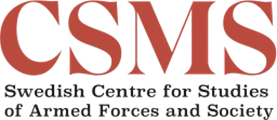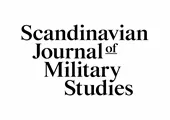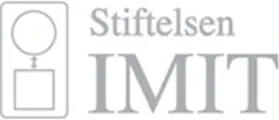We invite contributions towards an edited volume titled Reserves at the Ready: Transforming Total Defence Forces in War and Peace (working title), which will include an authors’ workshop, to be held in Kingston, Canada, in the July 2026 timeframe. The book will be published in the Springer Military and Society series. Deadline for submission of abstracts: 28 Nov 2025.
Project Description:
Reserve forces are increasingly seen as vital for strengthening national defence, contributing to personnel-intensive responses to national and international crises, as well as reinforcing the links between defence institutions and the wider society. As states seek to adapt their defence policies and practices to new and emerging security challenges, questions about the organization, role and mandate of reserves take on a new sense of urgency and relevance. The aim of this book is to contribute to our understanding of reserve force models, in relation to the organization and development of Total Defence Forces and inform reserve force generation and employment in the NATO context. We are interested in the prospects and challenges of reserve forces within defence and security, as well as the role of reserves for military-society relations.
In addition to introducing different and evolving reserve force models, this edited volume will showcase country case studies that serve to illustrate why and how these models have emerged (e.g. part-time service, home guard, operational reserve, conscription based). Beyond NATO cases, we explore other models that have informed NATO policy discussions on reserve forces, before ending with a conclusion that summarizes key findings and proposes recommendations for the Alliance and its member states. Key questions include:
- What are the main characteristics of the featured reserve force model(s), how have these been developed, and what is their relationship to regular armed forces and wider society?
- What are the main institutional mechanisms by which these reserve forces are generated and employed?
- What are the benefits and challenges of the reserve force model(s), from a national perspective and from a NATO perspective (e.g. capacity, capability, flexibility, cost effectiveness, political dynamics, policy and legislative issues, etc)?
- What are the anticipated effects for optimal reserve force employment in relation to these risks and challenges (readiness, interoperability, societal resilience, etc)?
Key dates and details:
- Deadline for submission of abstracts: 28 Nov 2025
- Draft summary chapters (5 pages) will be due one month in advance (June 2026)
- Full chapter submissions will be due 19 December 2026
- The workshop will take place in Kingston, Ontario, Canada in July 2026 (dates TBD)
- The book will be published in the Springer Military and Society series https://link.springer.com/series/17399
Interested participants should submit abstracts (300 words maximum) detailing their proposed paper to joakim.berndtsson@globalstudies.gu.se, no later than 28 Nov 2025.
If circumstance allow, funding for travel (air or train tickets) and accommodations will be available for workshop participants. Information about practical arrangements, including an update on the workshop format, will be sent out with the acceptance letters.
On behalf of the organizing committee, Irina Goldenberg, Stéfanie von Hlatky, and Joakim Berndtsson – we look forward to receiving your abstracts!
This workshop is organized through a collaboration between the Canadian Defence and Security Network (CDSN; https://www.cdsn-rcds.com/ ), the Swedish Centre for Studies of Armed Forces and Society (CSMS; https://www.csms.se/), the Centre of International and Defence Policy (CIDP; https://www.queensu.ca/cidp/ ), and the Total Defence Force working group of the European Research Group for Military and Society (ERGOMAS) https://ergomas.ch/ ).

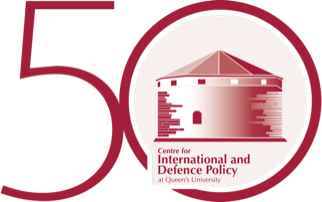



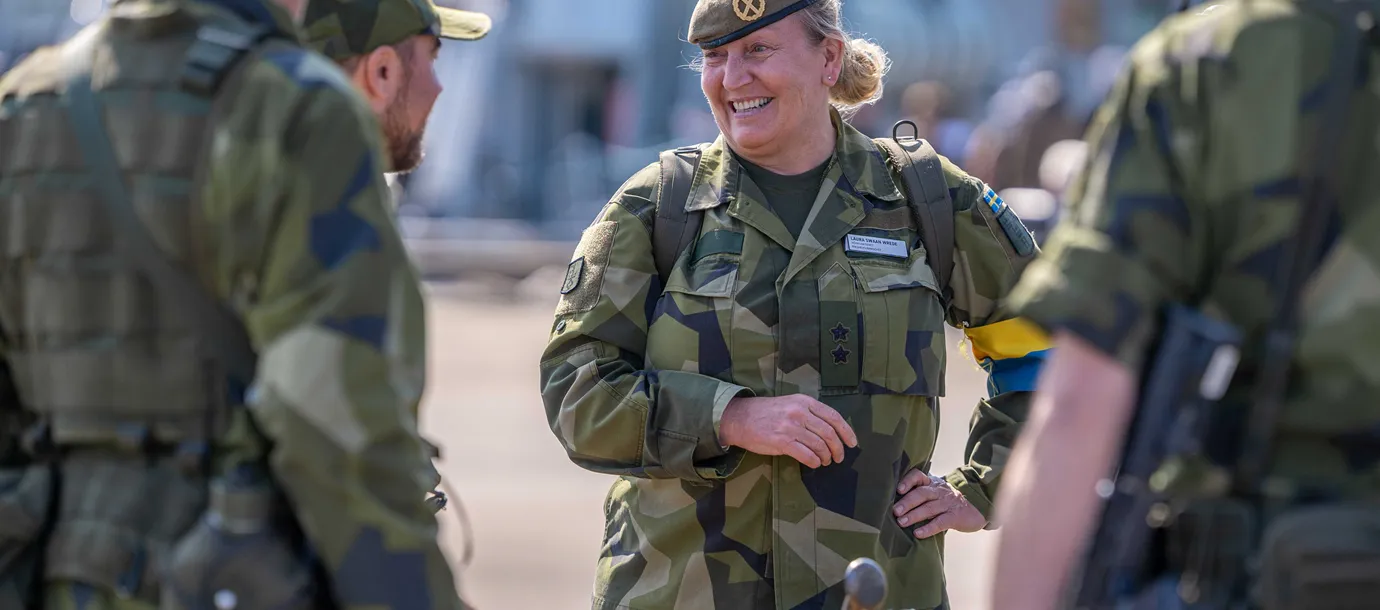 Photo: Marcus Nilsson, SWAF
Photo: Marcus Nilsson, SWAF

Joakim Berndtsson
Joakim Berndtsson, Professor at the School of Global Studies, University of Gothenburg, Sweden. Researcher at CSMS.




